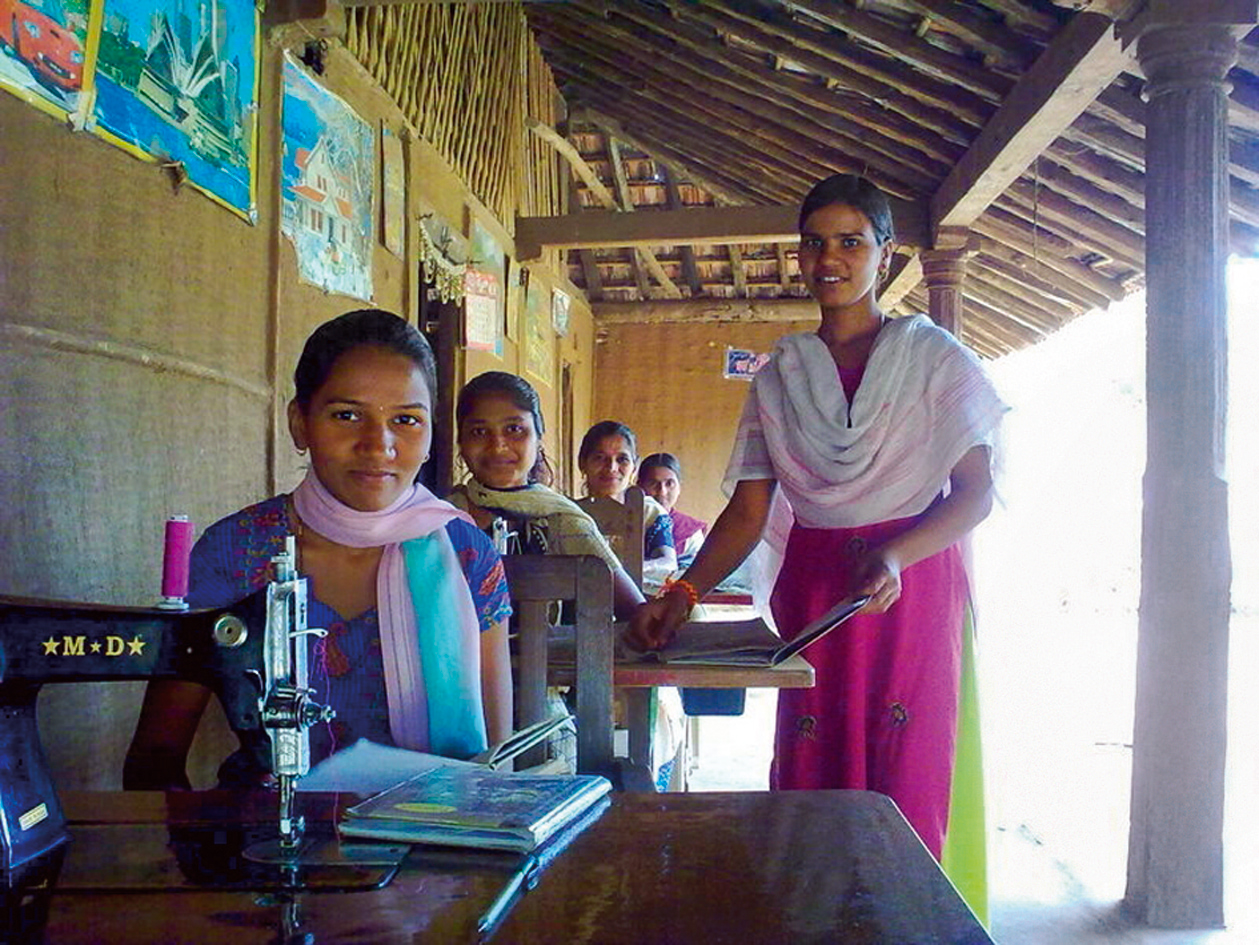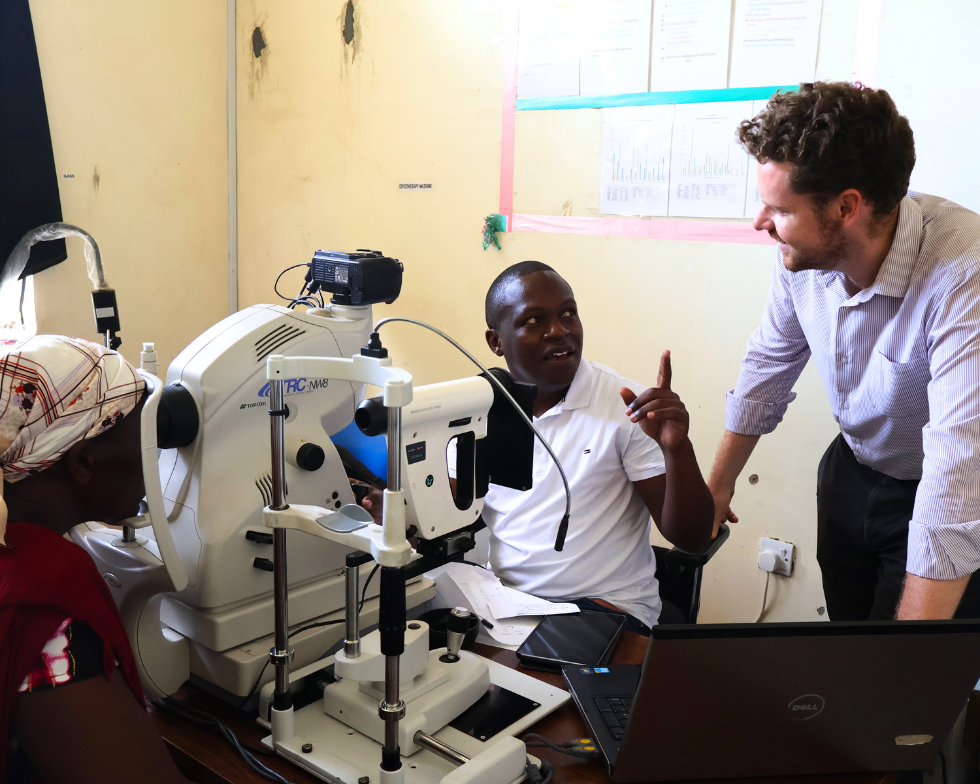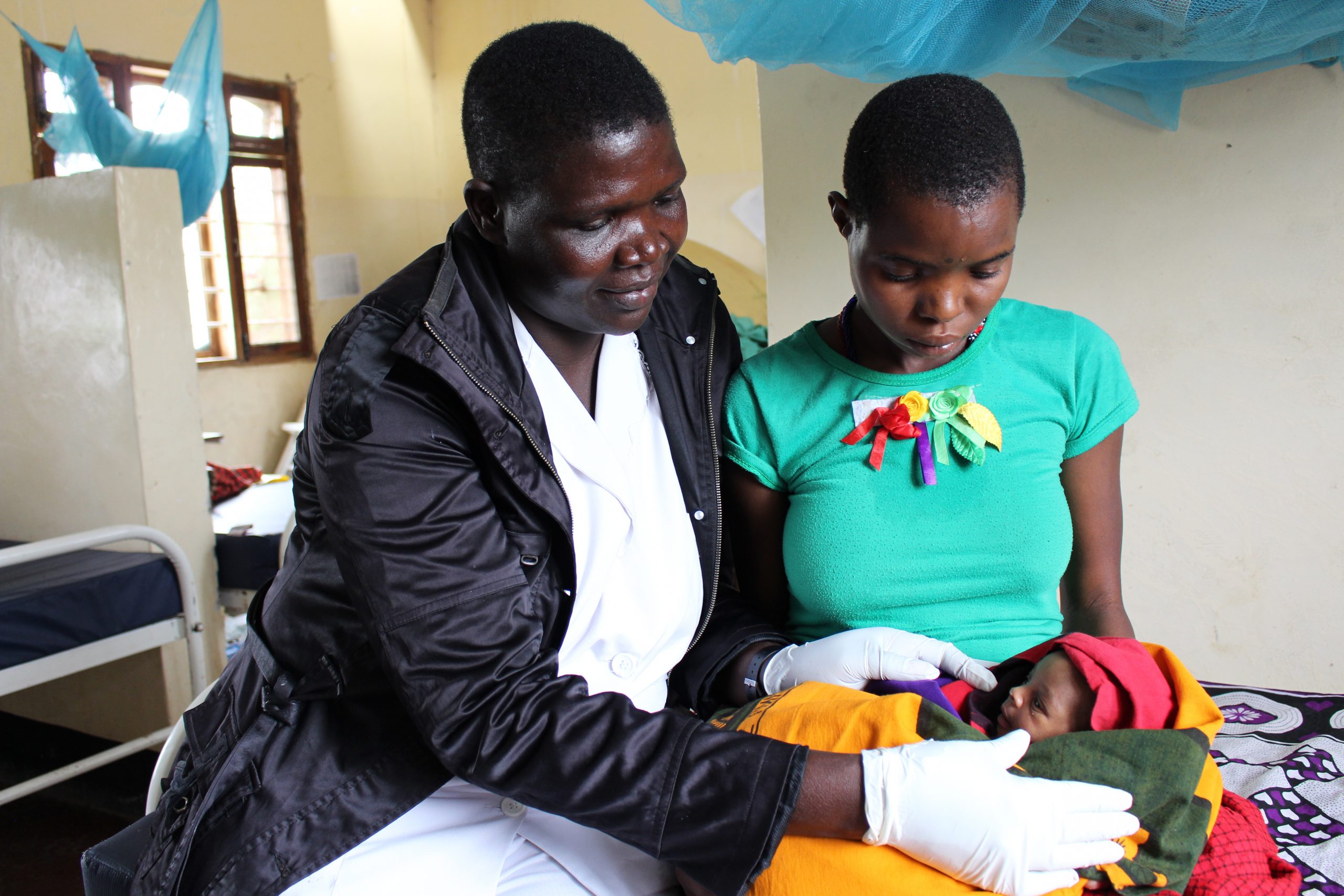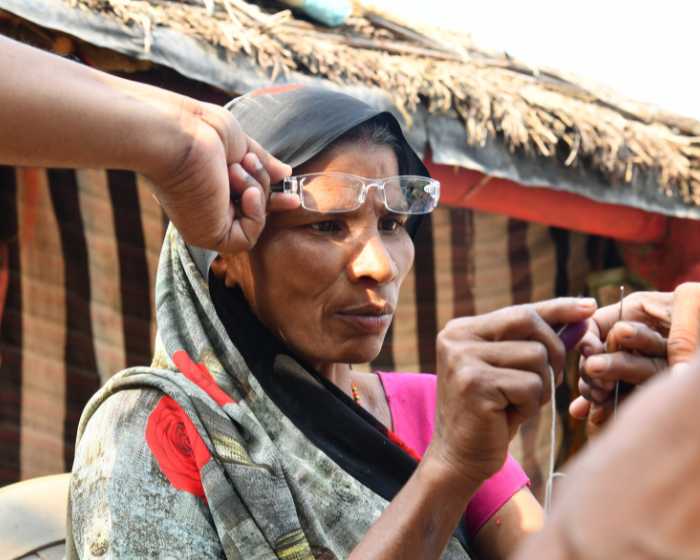research

Artificial Intelligence
We are at the forefront of researching AI for eye care in low-income settings, and several current projects are focused on assessing its use

Cataract
A cataract is when the lens of the eye becomes cloudy (opacification) which leads to reduced vision and blindness if untreated

Child Eye Health
Detecting and managing eye conditions in children is essential to achieving eye health. Our research covers primary care, retinoblastoma and retinopathy of prematurity (RoP)

Corneal Infection
Corneal infections are a common sight-threatening eye emergency worldwide. Our research covers epidemiology, diagnosis and treatment

Data for eye health
To tackle the challenge of global eye health appropriately, we must collect high-quality data. We provide much of the data used by the eye health field

Diabetic Retinopathy
Diabetic retinopathy (DR) is the most common vision-related complication of diabetes. Our research aims to screen and treat people in innovative ways.

Equity
Equity in eye health aims to address the pervasive, unfair yet avoidable differences in eye health that exist between and within countries.

Glaucoma
Glaucoma is the most common irreversible cause of blindness globally. It is complex to identify early, so patients often present late with advanced irreversible sight loss.

Health Economics
Health economics aims to optimise the use of resources to improve health and quality of life. This can be extremely useful in low-income settings.

Health Systems
Strong and integrated health systems lead to improved services. Much of our research leads to improved health systems.

Refractive Error
Refractive error accounts for a large proportion of sight loss worldwide. Screening, diagnosis and provision of spectacles is key to improving sight for hundreds of millions.

Research Capacity
Research supports the effective delivery of eye care services. To ensure we have high-quality, relevant research, it is vital to strengthen the capacity for research in LMICs.

Technology
We have multiple projects exploring how new technology can benefit eye care in low resource areas.

Trachoma
Trachoma is the commonest infectious cause of blindness in the world. We carry out research on the epidemiology, pathophysiology and clinical trials to improve disease control
research

Artificial Intelligence
We are at the forefront of researching AI for eye care in low-income settings, and several current projects are focused on assessing its use

Cataract
A cataract is when the lens of the eye becomes cloudy (opacification) which leads to reduced vision and blindness if untreated

Child Eye Health
Detecting and managing eye conditions in children is essential to achieving eye health. Our research covers primary care, retinoblastoma and retinopathy of prematurity (RoP)

Corneal Infection
Corneal infections are a common sight-threatening eye emergency worldwide. Our research covers epidemiology, diagnosis and treatment

Data for Eye Health
To tackle the challenge of global eye health appropriately, we must collect high-quality data. We provide much of the data used by the eye health field

Diabetic Retinopathy
Diabetic retinopathy (DR) is the most common vision-related complication of diabetes. Our research aims to screen and treat people in innovative ways.

Equity
Equity in eye health aims to address the pervasive, unfair yet avoidable differences in eye health that exist between and within countries.

Glaucoma
Glaucoma is the most common irreversible cause of blindness globally. It is complex to identify early, so patients often present late with advanced irreversible sight loss.

Health Economics
Health economics aims to optimise the use of resources to improve health and quality of life. This can be extremely useful in low-income settings.

Health Systems
Strong and integrated health systems lead to improved services. Much of our research leads to improved health systems.

Refractive Error
Refractive error accounts for a large proportion of sight loss worldwide. Screening, diagnosis and provision of spectacles is key to improving sight for hundreds of millions.

Research Capacity
Research supports the effective delivery of eye care services. To ensure we have high-quality, relevant research, it is vital to strengthen the capacity for research in LMICs.

Technology
We have multiple projects exploring how new technology can benefit eye care in low resource areas.

Trachoma
Trachoma is the commonest infectious cause of blindness in the world. We carry out research on the epidemiology, pathophysiology and clinical trials to improve disease control.
